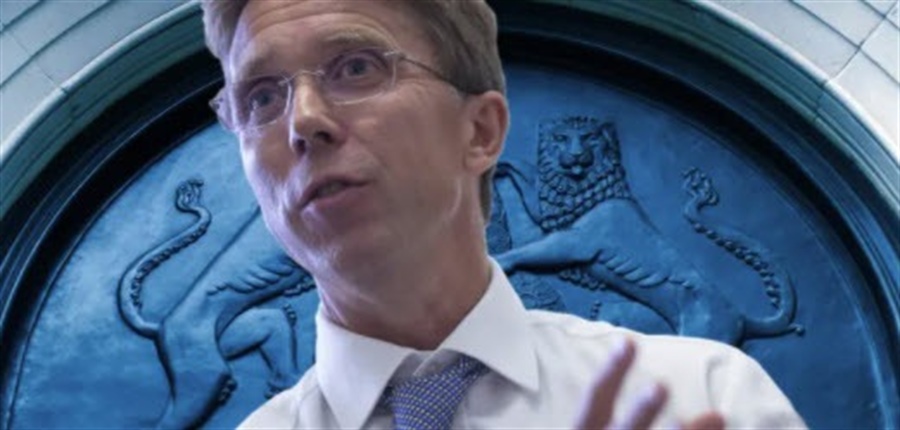Following Thursday’s Bank of England Rate Hike
This past Thursday, the Bank of England made the decision to hike interest rates by 25 basis points, as widely anticipated by the markets. This move comes as the central bank aims to tackle the persistently high inflation levels that have been plaguing the UK economy in recent months. Bank of England Governor, Andrew Bailey, highlighted that inflation remains stubbornly high, and further rate hikes may be necessary in order to bring it back under control.
BOE’s Views on Inflation and Future Rate Hikes
During a recent speech, BOE Governor Andrew Bailey expressed concerns about inflation levels, noting that past rate hikes may start to have a more pronounced impact on the economy in the coming quarters. He emphasized the need for continued vigilance and potential further tightening of monetary policy in order to curb inflationary pressures.
Insights from Former MPC Member
Bloomberg TV recently interviewed former Bank of England Monetary Policy Committee member, Michael Saunders. Saunders expressed his belief that there is a strong likelihood that inflation will fall short of the Bank of England’s forecast by a significant margin in April. This divergence from projections could have implications for future interest rate decisions and overall economic outlook.
Impact on Individuals
For individuals, the Bank of England rate hike may translate into higher borrowing costs, particularly for those with variable rate mortgages or loans. Savers, on the other hand, may benefit from increased returns on their deposits. It is important for consumers to assess their financial situation and consider any potential adjustments that may be needed in response to changing interest rates.
Global Implications
The Bank of England rate hike could have ripple effects beyond the UK economy, influencing global financial markets and central bank policies. Higher interest rates in the UK may prompt other countries to reassess their own monetary policies in order to maintain economic stability and address inflation concerns. Investors and market participants will be closely monitoring these developments for any potential impacts on international trade and investment flows.
Conclusion
In conclusion, the Bank of England’s recent rate hike underscores the ongoing challenges posed by inflationary pressures in the UK economy. As policymakers navigate these uncertainties and consider future monetary policy actions, individuals and global markets alike will need to remain adaptable and prepared for potential shifts in financial conditions. Keeping a keen eye on economic indicators and staying informed about developments in central bank policies will be crucial in navigating the evolving landscape of the global economy.





